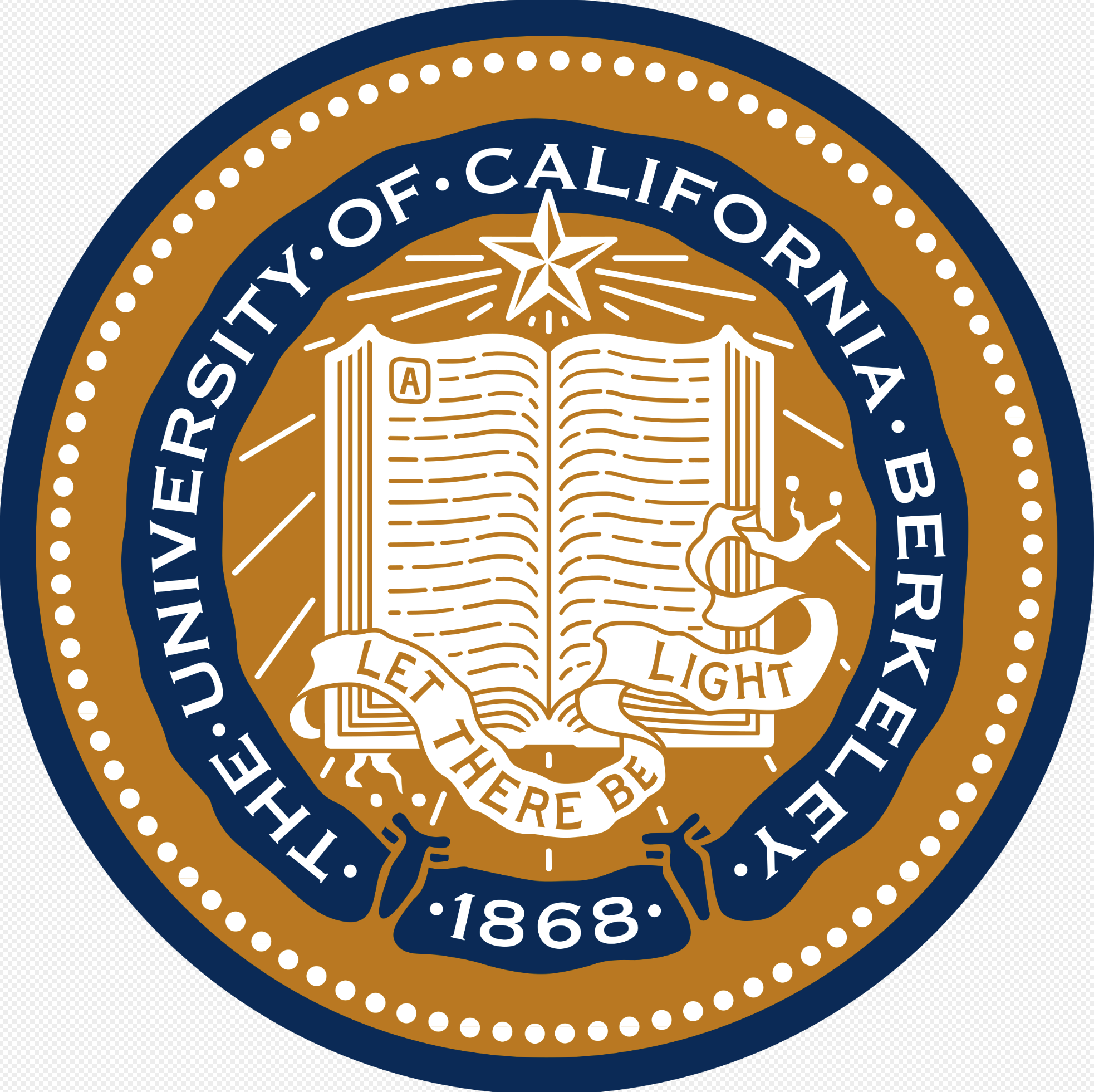Testing relativity on a tabletop with a miniature network of optical lattice atomic clocks - Physics
Colloquia Topic and Speaker Bio

Abstract:
The remarkable precision of optical atomic clocks offers sensitivity to new and exotic physics through tests of relativity, searches for dark matter, gravitational wave detection, and probes for beyond Standard Model particles. While much of optical clock research has focused on improving their absolute accuracy, many searches for new physics can be performed with relative comparisons between clocks. To this end, we have recently realized a “multiplexed” strontium optical lattice clock consisting of two or more clocks in one vacuum chamber, forming a miniature clock network. This enables us to bypass the primary limitations to typical atomic clock comparisons and to achieve new levels of precision.
In this talk I will explain the motivation, concept, and operating principles of our multiplexed optical lattice clock. I will then present recent experimental results in which we performed a novel, blinded, precision test of the gravitational redshift with a vertical array of 5 evenly-spaced ensembles of ultra-cold strontium atoms spanning a total height difference of 1 cm. I will present the error budget produced from our systematic evaluation, and the unblinded results of our first test. I will explain how these results can also be viewed as proof-of-principle measurements of relativistic gravitational potential differences at the millimeter scale, with applications to geodesy. Finally, I will discuss the outlook for using our apparatus for future searches for new physics, including a novel direct test of the Einstein Equivalence Principle, and explorations of the interplay between general relativity and quantum mechanics.
Bio:
Shimon Kolkowitz is an atomic physicist and quantum scientist, with his experimental research focusing on quantum sensing, precision measurement, and metrology. Shimon was an undergraduate at Stanford University, graduating with distinction in 2008 with a B.S. in Physics. Shimon earned his PhD in experimental physics at Harvard in 2015 with advisor Professor Mikhail Lukin, where his research focused on quantum sensing with defects in diamond. He was subsequently a National Research Council (NRC) postdoctoral fellow at JILA/NIST/CU Boulder in the research group of Professor Jun Ye from 2015-2017, working on metrology and quantum science with optical lattice atomic clocks. Shimon held a faculty position in the Department of Physics at the University of Wisconsin - Madison from 2018 to 2023. In 2023 Shimon joined the faculty at UC Berkeley, where he is currently the Herst Associate Professor of Physics. He is a 2019 Packard Science and Engineering Fellow, a 2022 Sloan Research Fellow, and a recipient of the NSF CAREER award.
